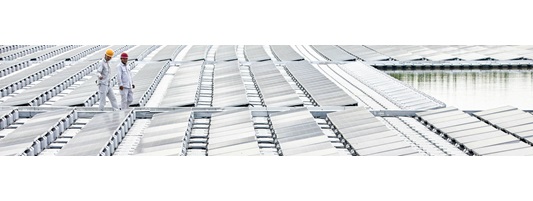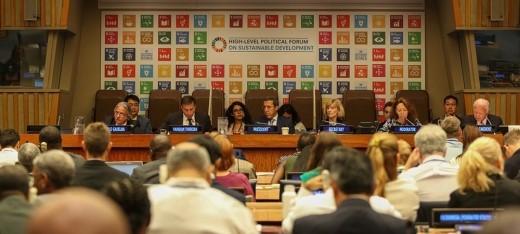
Background
The 2030 Agenda for Sustainable Development set out 17 Sustainable Development Goals (SDGs). SDG 7 is the first-ever universal goal on energy issues. It entails targets on access, efficiency, renewables and means of implementation. Ensuring access to affordable, reliable, sustainable and modern energy for all is crucial for achieving the SDGs. Sustainable energy is essential to human development. It plays a key role in advancing a number of fundamental social and environmental objectives, including health, education, poverty eradication, more inclusive growth, and avoiding catastrophic climate change.
Established in 2012, the United Nations High-level Political Forum on Sustainable Development (HLPF) meets annually under the auspices of the Economic and Social Council, and facilitates stocktaking of progress to-date on the SDGs. Serving as the secretariat for HLPF, the UN Department of Economic and Social Affairs (UN DESA) convened a multi-stakeholder Technical Advisory Group on Sustainable Development Goal 7 (SDG7-TAG) in 2018.

The review by SDG7-TAG highlighted the importance of a more regular forum for cooperation and exchange on these issues, and for examining interlinkages with other SDGs, in particular SDG 8 (economic wellbeing and jobs). To this end, the International Renewable Energy Agency (IRENA) initiated the Sustainable Energy and Jobs Platform in 2019 and invited a number of organizations to join the initiative.
The SDG-related discourse and the growing calls for a just and inclusive energy transition are drawing in a growing number of actors. A key rationale for the Platform is to engage major international stakeholders, compare and contrast their concerns and approaches, identify areas of shared interest, avoid duplication of effort, and thus contribute to an improved understanding of the challenges and opportunities bound up in the transition to a sustainable energy system.
Specifically, the following activities are essential in this context:
- Promote an integrated approach to SDG 7 and SDG 8 within the context of the energy transition.
- Stimulate a cross-disciplinary dialogue among stakeholders concerned with energy and employment objectives, in order to improve understanding of interlinkages between SDG 7 and 8.
- Share best practices, experiences and quality data in support of well-informed policymaking.
- Explore a comprehensive package of suitable policies and solutions to maximise the benefits of the energy transition and to minimise social disruption.
- Strengthen capacity building with regard to policies, regulations, and approaches to manage energy-employment interlinkages effectively.
- Enhance advocacy, communications and outreach to help countries conduct evidence-based dialogues and facilitate broad-based implementation of
- SDG 7 and SDG 8.